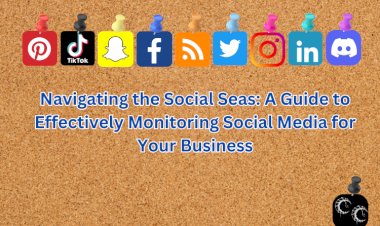The Essential Skills Recruiters Seek in Speech-Language Pathologists

Speech-Language Pathologists (SLPs) play a vital role in helping individuals overcome communication and swallowing challenges, making them essential in various healthcare and educational settings. Recruiters seeking SLPs look for a combination of technical expertise, interpersonal skills, and adaptability. Here are the essential skills they prioritize:
Clinical Expertise
-
Assessment and Diagnosis: Recruiters value SLPs who excel in evaluating communication disorders and diagnosing underlying issues accurately.
-
Therapeutic Intervention: The ability to design and implement effective treatment plans tailored to each patient’s needs is critical.
-
Knowledge of Disorders: In-depth understanding of a wide range of conditions, from articulation and language disorders to dysphagia and aphasia, is essential.
Strong Communication Skills
-
Patient Interaction: SLPs must communicate complex medical information in a way that patients and their families can understand.
-
Team Collaboration: The ability to work effectively with other healthcare providers, educators, and caregivers is key to providing comprehensive care.
-
Documentation: Clear and precise record-keeping of patient progress and treatment plans is non-negotiable.
Empathy and Patience
-
Building Trust: Establishing a supportive environment where patients feel comfortable is fundamental to successful therapy.
-
Tailored Care: Recruiters seek SLPs who approach each case with patience, adapting to the pace and progress of individual patients.
Problem-Solving Abilities
-
Creative Therapy Techniques: The ability to innovate and customize therapy methods for diverse needs and age groups is highly valued.
-
Critical Thinking: Recruiters prefer candidates who can quickly identify and address challenges that arise during treatment.
Cultural Competency
-
Inclusivity: Being sensitive to cultural and linguistic diversity ensures better communication and care for patients from various backgrounds.
-
Bilingual Skills: Proficiency in multiple languages can be a significant advantage, especially in multilingual communities.
Commitment to Lifelong Learning
-
Staying Updated: SLPs must remain informed about the latest research, therapies, and technological advancements in the field.
-
Pursuing Certifications: Specialized certifications, such as those in pediatric therapy or voice disorders, demonstrate dedication to professional growth.
Technology Proficiency
-
Assistive Devices: Knowledge of speech-generating devices and software is increasingly crucial for modern speech therapy.
-
Teletherapy Skills: With the rise of remote healthcare, the ability to deliver effective virtual therapy is a valuable asset.
Organizational Skills
-
Scheduling and Planning: Effective time management ensures patients receive consistent and uninterrupted care.
-
Multitasking: Managing multiple cases while maintaining a high standard of care is essential in this demanding profession.
Speech-Language Pathologists with a blend of these skills are highly sought after in schools, hospitals, private practices, and beyond. By showcasing these abilities, aspiring and current SLPs can position themselves as indispensable assets to any organization.






























